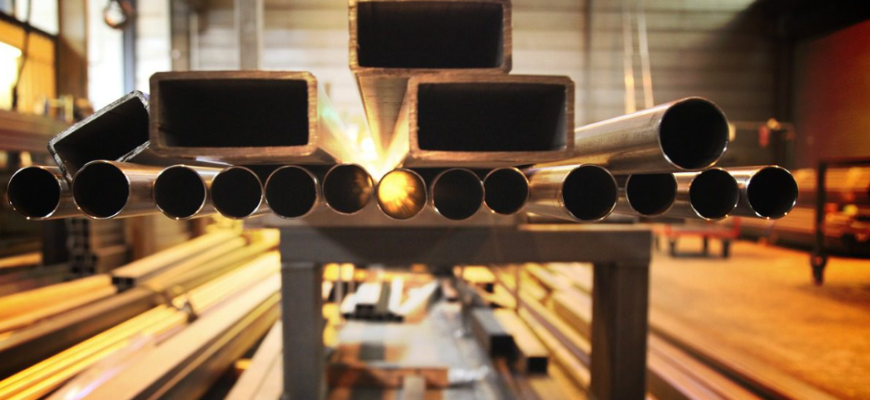Steel fabrication plays a crucial role across various industries, providing structural support, functionality, and durability to numerous applications. From towering skyscrapers to intricate machinery, steel’s versatility makes it a preferred material in many sectors. Understanding how this fabrication is utilised in different fields can highlight its importance and diverse applications.
Here’s a closer look at how steel fabrication supports and enhances various industries.
1. Construction and Architecture
In the construction and architecture sector, steel fabrication is fundamental in creating robust and lasting structures. Steel beams, columns, and reinforcements form the skeleton of high-rise buildings, bridges, and commercial complexes. The ability to pre-fabricate steel components off-site and assemble them on-site streamlines construction processes, reduces timeframes, and improves safety.
2. Manufacturing and Machinery
Steel fabrication is integral to the manufacturing industry, where it is used to produce machinery and equipment. This includes everything from industrial conveyors and processing equipment to customised tools and parts. The precision and durability of fabricated steel components ensure that machinery operates efficiently and reliably, even under heavy loads and extreme conditions.
3. Automotive Industry
The automotive sector relies heavily on steel fabrication for producing vehicle parts and components. Steel’s strength and formability make it ideal for creating everything from chassis and engine parts to structural reinforcements. With the advent of advanced fabrication techniques, manufacturers can achieve precise tolerances and complex shapes, contributing to vehicle safety and performance.
4. Oil and Gas Industry
In the oil and gas industry, steel fabrication is crucial for constructing pipelines, storage tanks, and offshore platforms. These components must withstand harsh environmental conditions, including high pressures, corrosive substances, and extreme temperatures. Steel’s resilience makes it an ideal material for such applications. The ability to customise fabrication for specific operational requirements ensures the safe and efficient transport and storage of oil and gas.
5. Infrastructure and Utilities
Steel fabrication also plays a vital role in infrastructure and utilities. It is used in the construction of water treatment plants, power stations, and telecommunications towers. Steel structures support critical infrastructure, ensuring operational efficiency and durability. For instance, fabricated steel frames and supports are essential for the stability of large water tanks and energy facilities, contributing to their long-term functionality.
Steel fabrication serves as a cornerstone across various industries, from construction and manufacturing to automotive and energy sectors. Its adaptability and strength make it indispensable in creating reliable, high-quality components and structures. Understanding its applications highlights the material’s significance and the pivotal role it plays in advancing industrial capabilities.

